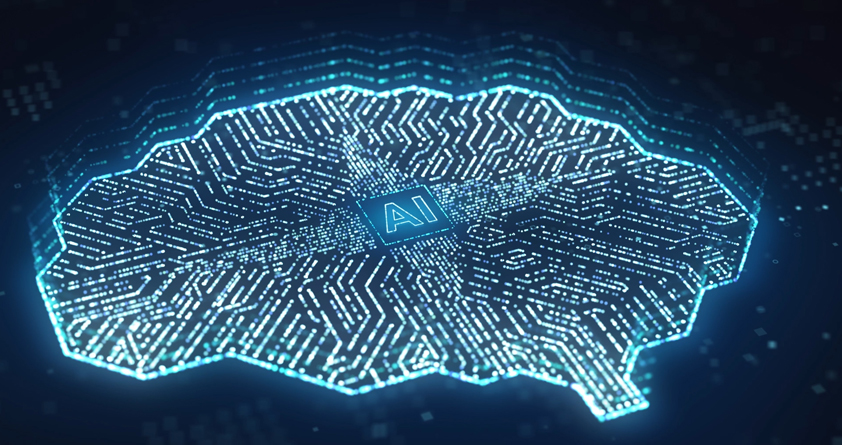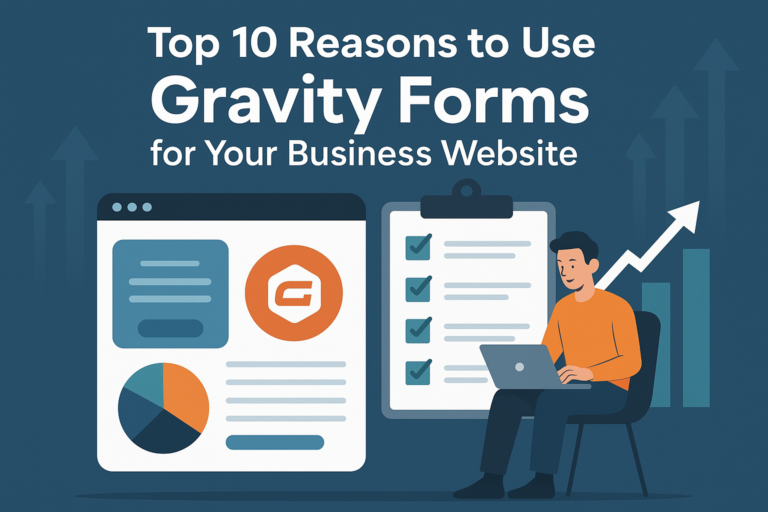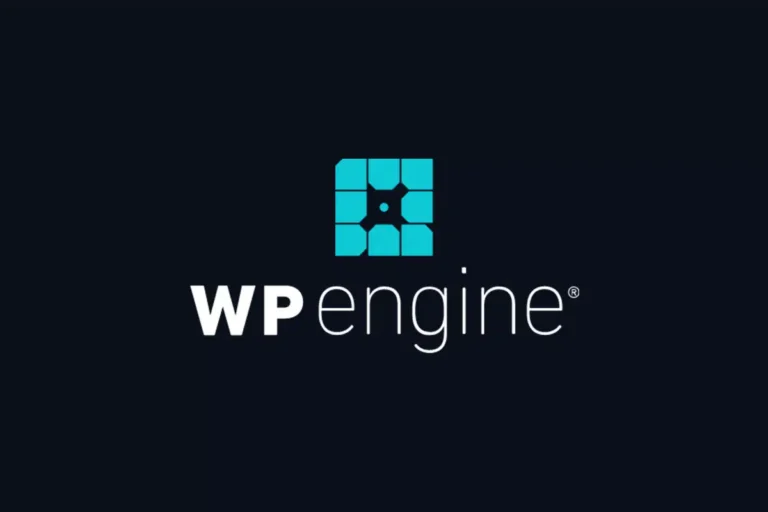Chat GPT has been grabbing headlines and eyeballs ever since its launch in November 2022. Here's our shot at simplifying and summarizing all the buzz around Chat GPT
What is Chat GPT?
ChatGPT is an artificial intelligence chatbot launched in November 2022 and developed by OpenAI. Elon Musk was one of the founding members of Open AI. He resigned from the board in 2018 but remained a donor. According to reports, Microsoft has invested close to $11Bn in Open AI between 2019 and 2023.
ChatGPT is a cutting-edge large language conversational AI model. The basic version of Chat GPT is free and the advanced version has a monthly subscription fee of $49.
So what's the big deal about Chat GPT?
But, being an open source software, Chat GPT has very quickly gained popularity and traction. By December 4, 2022, ChatGPT had over one million users. In January 2023, ChatGPT reached over 100 million users, making it the fastest growing consumer application to date.
An article by HBR regarded Chat GPT as a Tipping Point for AI. Twitter has been flooded with examples of people using it to strange and absurd ends: writing weight-loss plans, travel itineraries and children's books, and offering advice on a variety of topics.
In competition to ChatGPT, Google announced the launch of their own chatbot named Bard. Interestingly, Google parent Alphabet lost $100 bn in market cap after their Chatbot gave a wrong answer in a promotional advertisement. The sell-off in the company's shares was triggered after Reuters pointed out an error in the question answered by the chatbot Brad in Google's advertising hours before its launch event in Paris.
What can Chat GPT really do?
Large Language Models are AI tools that are trained on massive data sets to read, summarize, and translate text, then generate sentences by predicting future words. The more data a Large Language Model is trained on the more it is able to learn, remember, and form connections between different words, concepts, and things.
Not only is ChatGPT trained on an extremely large data set, but it has over 175 billion parameters that allow it to learn more and make more accurate predictions.
Although the core function of a chatbot is to mimic a human conversation, ChatGPT is versatile. For example, it can write and debug computer programs, compose music, teleplays, fairy tales, and student essays; answer test questions, write poetry and song lyrics, solve math problems etc.
Obviously this means that machines can now do tasks that could only be done by highly trained humans. Some valuable skills are no longer useful. Hence, it has sparked fears of job losses. But new skills will also take their place.
Is Chat GPT the only AT chatbot around?
Chat GPT is the only Large Language Model based AI tool being developed. The field of language models is rapidly evolving, and new models and approaches are being developed by numerous companies and research organizations across the world.
What are the implications for the logistics industry?
One possible implication is the use of AI-powered chatbots to enhance customer service and engagement. For example, logistics companies could use chatbots to answer customer inquiries, provide real-time updates on shipping status, and offer personalized recommendations for shipping routes and modes of transportation. This could potentially improve the overall customer experience and reduce the workload of human customer service representatives.
Another potential implication is the use of AI and machine learning algorithms to optimize logistics operations. These technologies could be used to analyze data on shipping patterns, demand, and other factors to optimize routes and schedules, reduce costs, and improve efficiency. This could potentially lead to cost savings for logistics companies and improved service for customers.
Additionally, AI-powered predictive analytics could help logistics companies anticipate demand and better manage inventory, and improve supply chain efficiency. This could also help logistics companies more effectively manage their supply chain risks and respond to unforeseen disruptions.
Overall, while ChatGPT does not have any direct implications on the logistics industry, the broader adoption of AI and NLP technologies could potentially transform the industry in significant ways, improving efficiency, reducing costs, and enhancing the customer experience.





